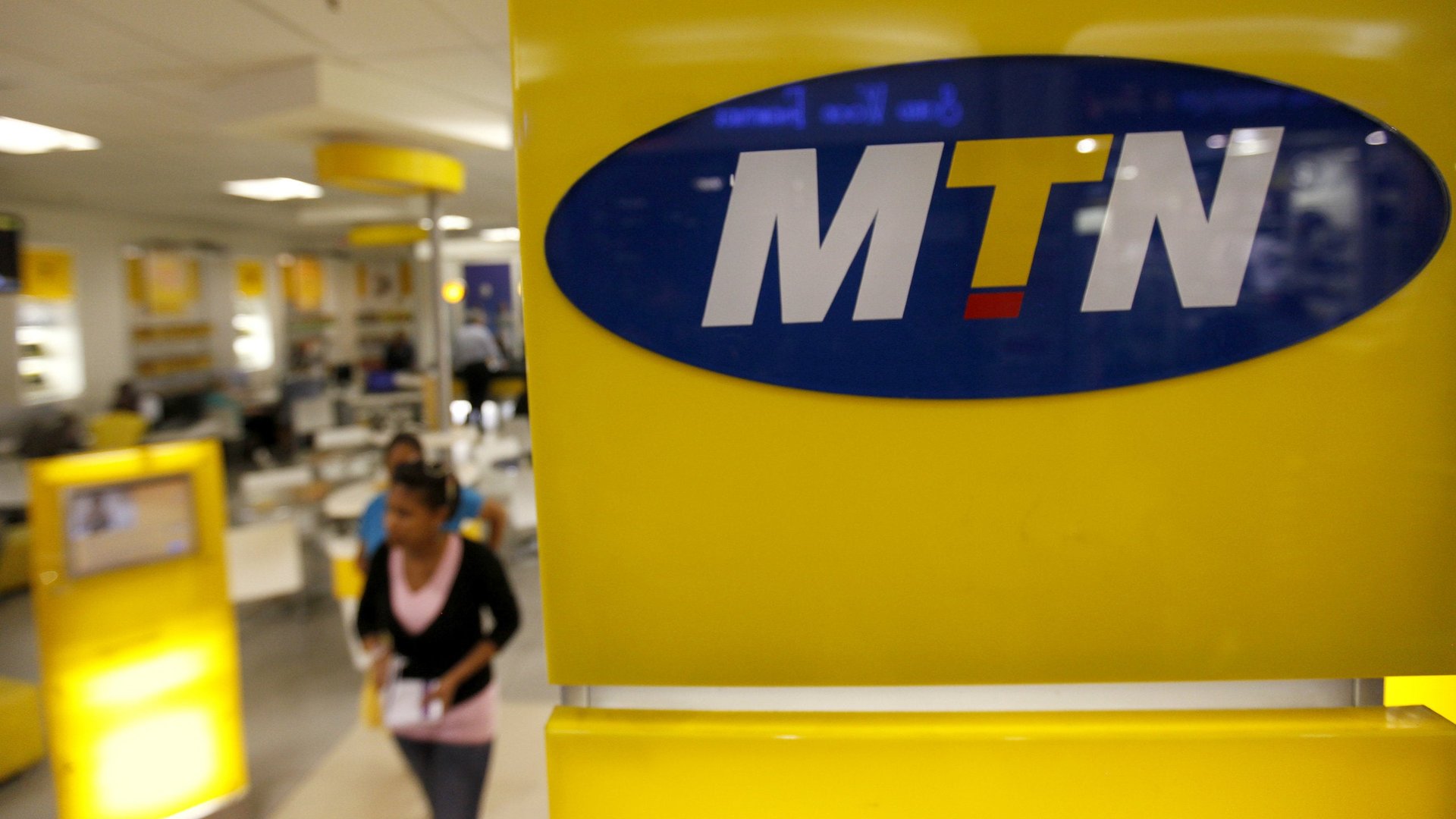MTN is trying to fix its history of billion-dollar fines and regulatory tensions in Nigeria
For MTN, Africa’s largest telecoms company, Nigeria has long been its most problematic market. It is also MTN’s largest market.


For MTN, Africa’s largest telecoms company, Nigeria has long been its most problematic market. It is also MTN’s largest market.
While it dominates market share and infrastructure, the South Africa-owned giant’s biggest battles are with the local authorities rather than other telecoms rivals. Over the past five years, MTN has faced potential fines of up to $15 billion in Nigeria for a range of alleged misdeeds.
The latest saw the company accused of owing $2 billion in taxes by the Nigerian attorney general (AGF) last September. For its part, MTN filed a suit seeking damages and challenging the powers of the Nigerian attorney general (AGF) to deal with tax matters. That lawsuit has now received a legal boost as a Nigerian federal high court has ruled to stop the AGF’s attempt to have MTN’s suit dismissed. Ahead of the case, MTN insists that even if the court eventually rules that the AGF does have powers over tax matters, it does not imply that the assessment of a $2 billion tax debt is “legitimate.”
A permanent resolution is crucial as MTN looks to continue doing business in its most important market. Amid murmurs and a denial of shutting down its Nigerian unit, there’s ample sign of how costly these disputes can be for investors. After the tax debt claims by Nigerian authorities, MTN’s stock tanked and closed at a nearly 12-year low.
While MTN’s tax case will be held in Nigerian courts on June 26, there’s also the diplomatic route of seeking to reach a settlement with the Nigerian government as it has previously done. In 2016, MTN settled a $5.1 billion sim card dispute for $1.6 billion and last December, the company also settled an $8.1 billion profit repatriation dispute for $53 million.
The company has also appointed Sanusi Lamido Sanusi, current Emir of Kano, one of Nigeria’s most influential cultural roles, to its board as a part of a shake-up. Sanusi is also former chief of Nigeria’s central bank and one of the country’s most connected elites. MTN says the board changes were necessary to “effect an evolution” of the board amid “challenging regulatory environments.”
MTN has long maintained that its legal tussles with Nigeria’s government will not dent its interest in its biggest market despite investor concerns. Indeed, the company has committed to launching a mobile money service this year in Nigeria. Regardless, the disputes have had an impact: MTN has already revised plans for a highly anticipated initial public offering on the Nigerian Stock Exchange. While it will still list its shares locally, the company has taken up a listing by introduction option which will see it only list already existing shares without raising new funding or issuing new shares.
Sign up to the Quartz Africa Weekly Brief here for news and analysis on African business, tech and innovation in your inbox